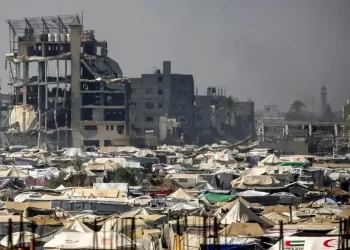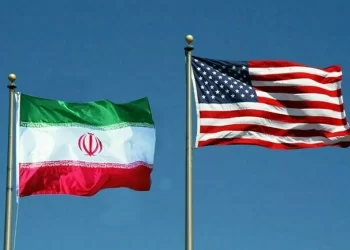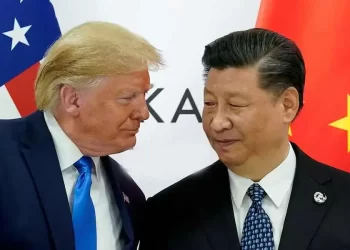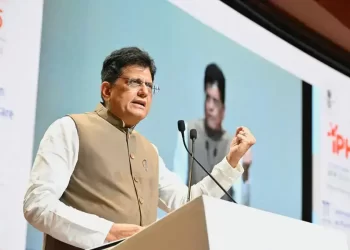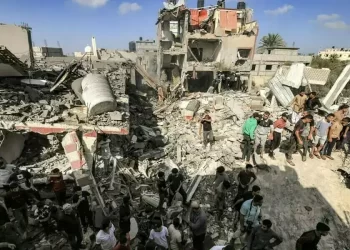PARIS: Israeli aggression in Gaza since October 7 attacks by Hamas has revived a global push for Palestinians to be given a state of their own.
Slovenia on Tuesday became the latest country to recognise a state of Palestine, breaking with the long-held view of Western powers that Palestinians can only gain statehood as part of a negotiated peace with Israel.
This follows the same move made last week by Spain, Ireland and Norway.
Their action, which has infuriated Israel, means that 146 out of the 193 UN member states now recognise a Palestinian state.
They include most Middle Eastern, African, Latin American and Asian countries, but not the United States, Canada, the majority of western Europe, Australia, Japan or South Korea.
UN experts urge all countries to recognise Palestinian statehood
In April, the United States used its veto at the UN Security Council to prevent a Palestinian bid to become a full UN member state.
Here is a quick recap of the Palestinians’ quest for statehood:
1988: Arafat proclaims state
On November 15, 1988, during the first Palestinian intifada, or uprising, Palestinian leader Yasser Arafat unilaterally proclaimed an independent Palestinian state with Jerusalem as its capital.
He made the announcement in Algiers, at a meeting of the exiled Palestinian National Council, which adopted the two-state solution as a goal, with independent Israeli and Palestinian states existing side-by-side.
Minutes later, Algeria became the first country to officially recognise an independent Palestinian state.



